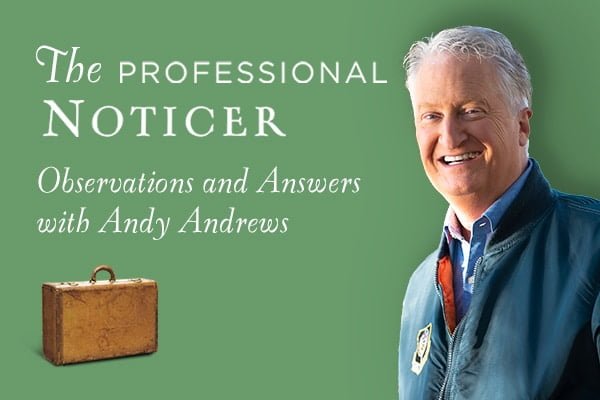It’s one of the most difficult questions I’ve had to deal with as a parent:
Do I shield my children’s eyes and ears from things I’d rather them not see or hear, or do I allow them to witness things that I know are not good?

- Any movies, TV shows, books, etc. with bad language, violence, or any kind of bad content
- Sporting events (televised or in person), which all too often feature things we’d rather our children not see or hear (if you’ve been to a live sporting event any time in the last few years, you know what I’m talking about)
- Music or advertisements on the radio that can contain all sorts of bad things
…and that’s just the tip of the iceberg in the world we live in today.
So, after years of carefully seeking counsel from parents I admire, observing the way children behave, and asking God what to do, I have come to the conclusion that I believe is right for my two sons, who are currently 13 and 10.
The simple fact is that it is pretty much impossible to leave your house without being confronted by things you would rather not see or hear. And of course, many times when we leave our houses, we have our kids with us. My first instinct was to shield my kids from any of it. What I’ve come to realize, however, is that I cannot control the way the world treats my children—I can only control what information I give them in order to prepare them for what the world will dish out.
All I can do is teach them to go about the work we all need to be doing in order to change the world in which we live, and reverse the downgrading of our culture that has obviously been happening for years.
But the fact remains that, right now, my kids and I have to live in this world. And when I’m not with them, “the world” will still be there to expose all it is—the good, the bad, and the ugly. Whether they are with my wife, Polly, and me or not, they are going to be exposed to actions and language that I want them to be able to handle by passing onto them a specific way of thinking. You see, I would much rather be the one shaping their thinking about bad actions and language than have the world shape their thinking.
For those reasons, I do not shy away from allowing my kids to watch certain movies or attend certain events that I deem to be quality material with me simply because a few unsavory words or actions may take place in them. In a way, I am thankful for the opportunity those unsavory moments present, as they afford me the opportunity to teach my boys why we don’t use those words and what the consequences may be if we do use them.
None of this is to say that I do not have boundaries. There are plenty of times when I have drawn the line. In fact, there are some words that, if I know they are in a movie, will cause me to not watch that particular movie, much less allow my kids to see it. But I also know that sooner or later, they are going to happen across those words anyway. They may see one of those words on a bathroom wall or hear it at school. I want them to ask me what it means. I would much rather be the one they come to for answers. That way, I can also explain why we do not use that kind of language.
The key thing I have learned is that I must make sure I don’t simply tell my boys what to do. If I want long term, good results, I have to do more than just say, “Don’t say that word because I said so.” I have to explain the specific way of thinking behind why I choose to not say that word. Every time there is instruction, there should also be an explanation of the thinking and the benefit that comes with following the instruction.
Ultimately, all children will make their own decisions in life at some point. If all we tell our kids is that they better not say a word or they’re going to get a spanking, then once they become too big to spank, that strategy goes out the window.
As parents, we must be careful not to insist on a way to act without a child understanding the thinking behind our insistence. If we want to “raise up a child in the way he should go,” we can’t always tell him what to do and expect that lesson will still be relevant when the child is an adult. But if we teach our children how to think—not what to think—then the lesson will have a lasting impact and be applicable in other areas of the child’s life.
So…what strategy do you employ?







